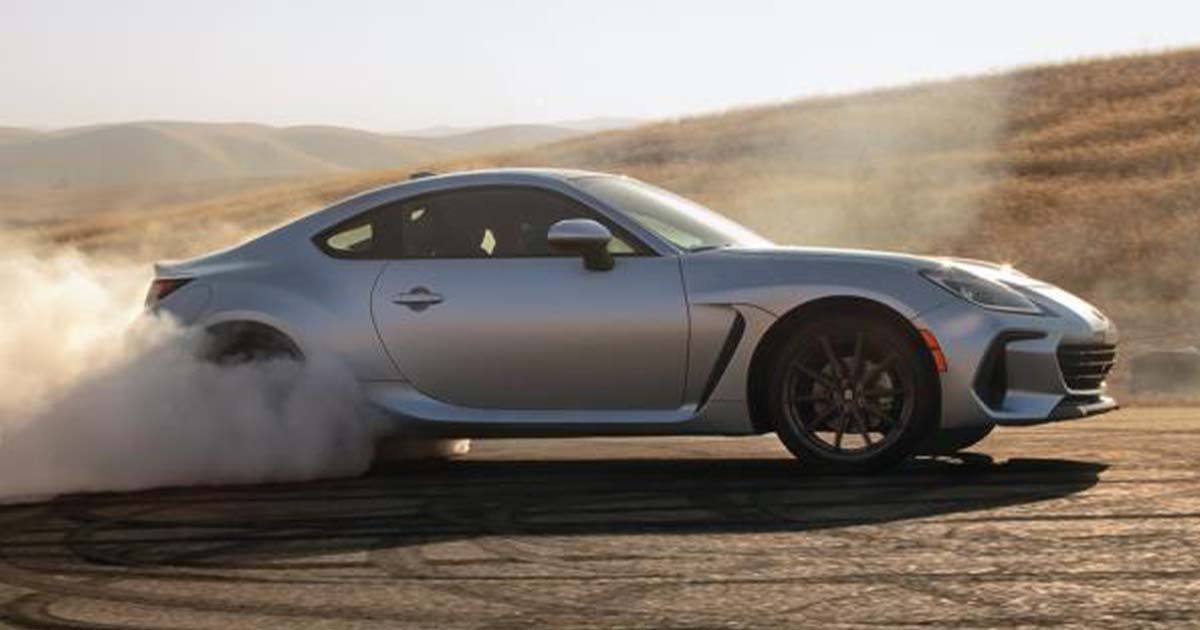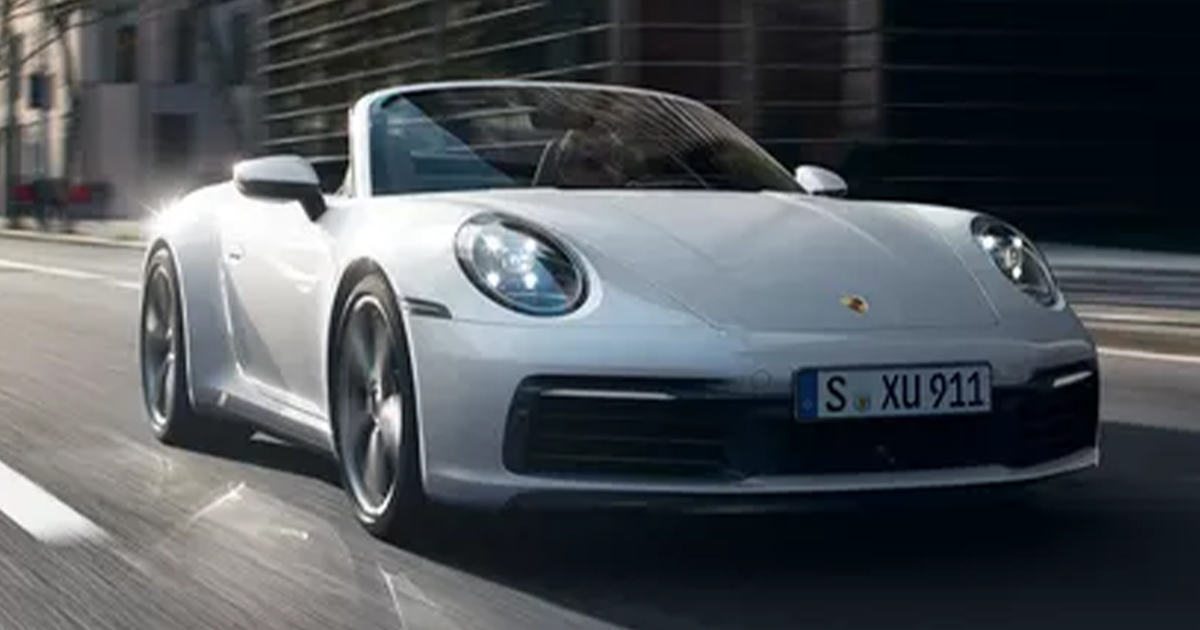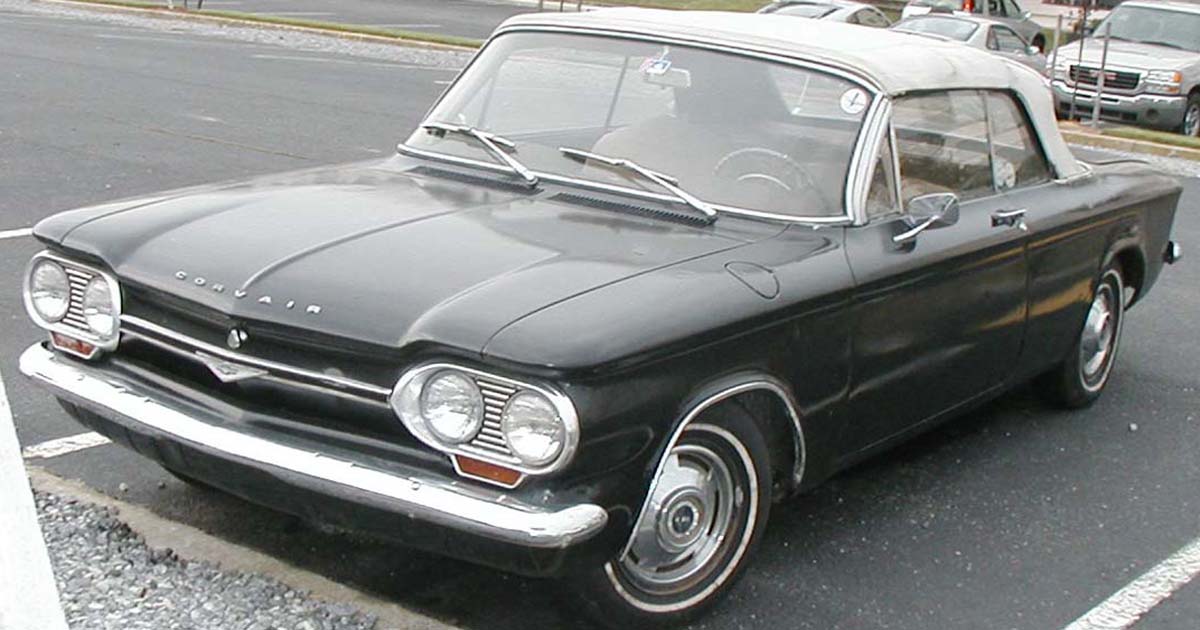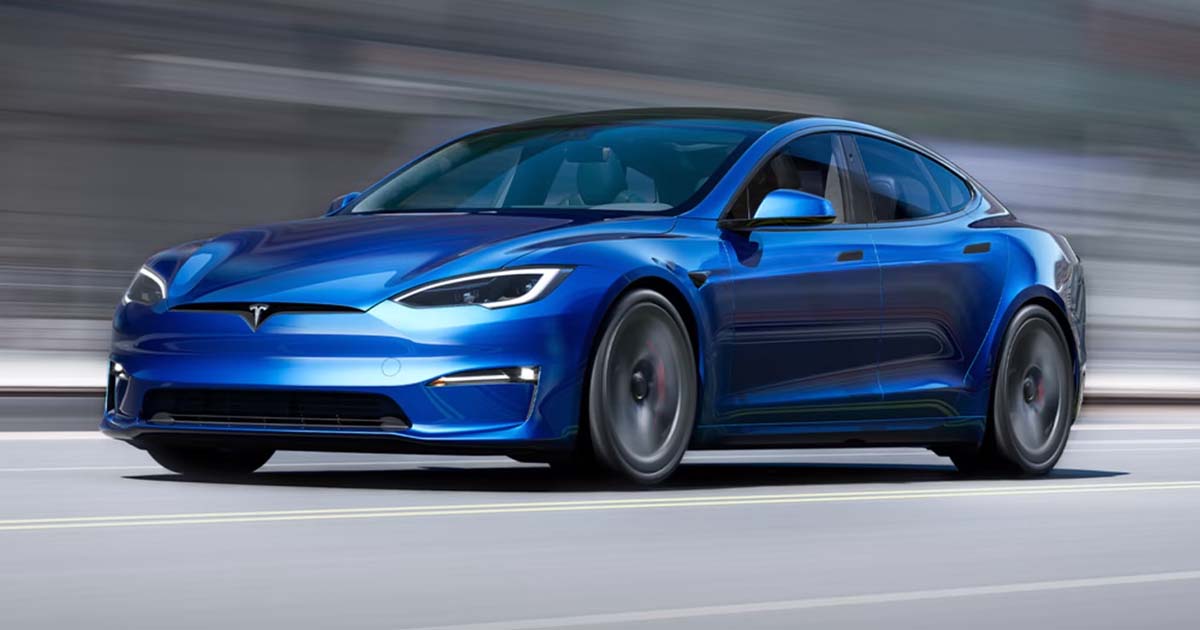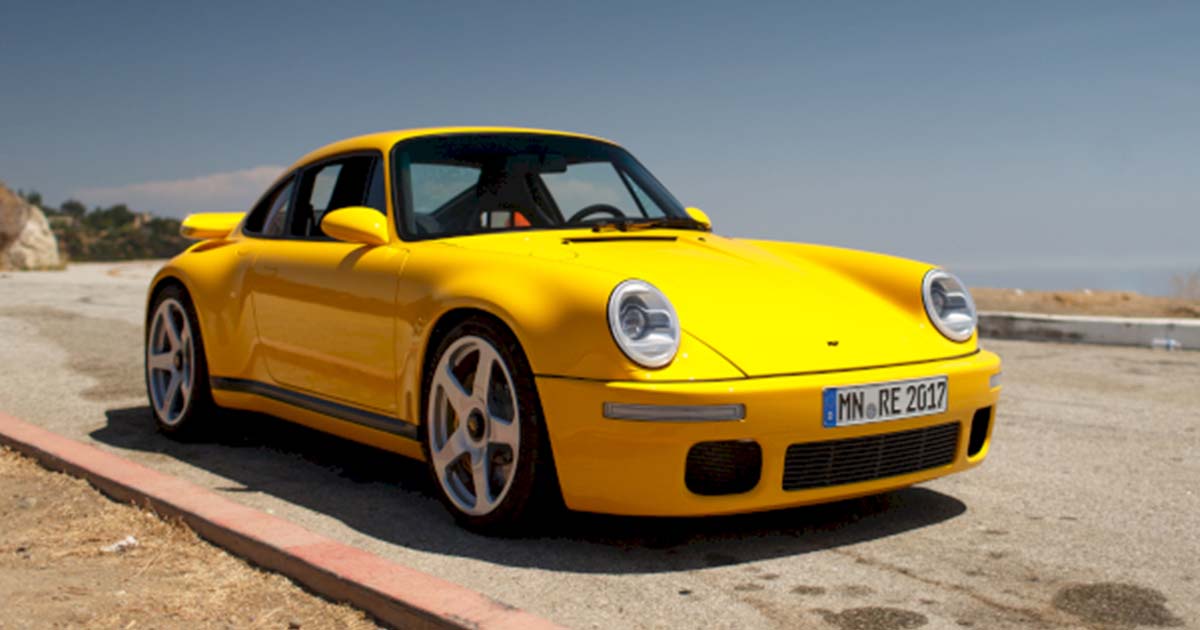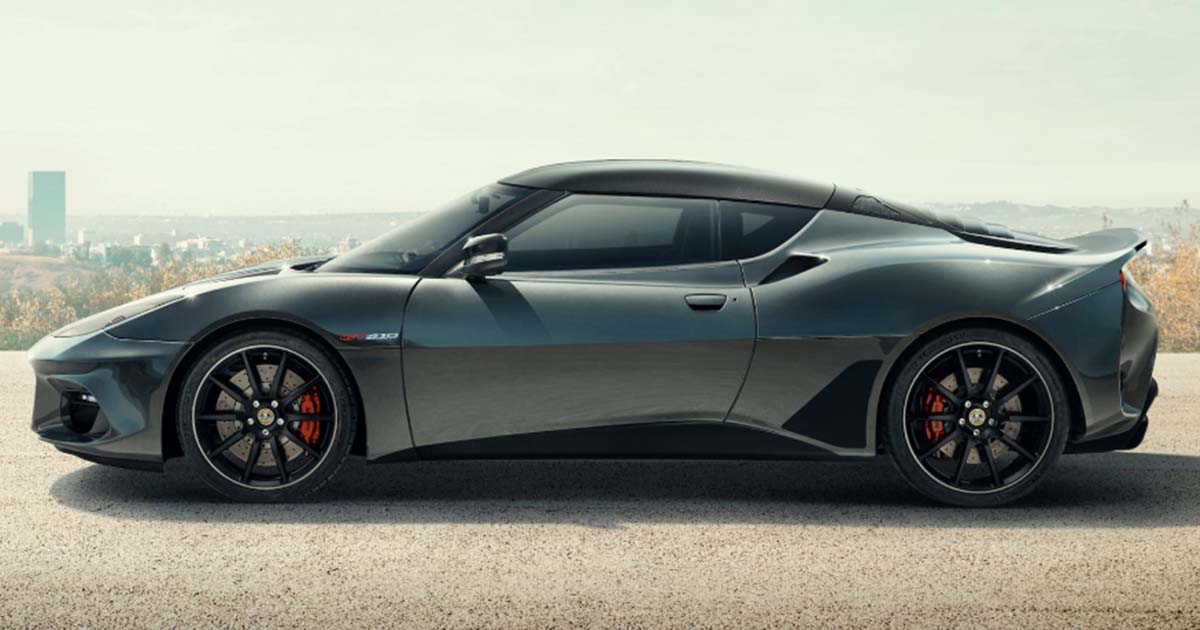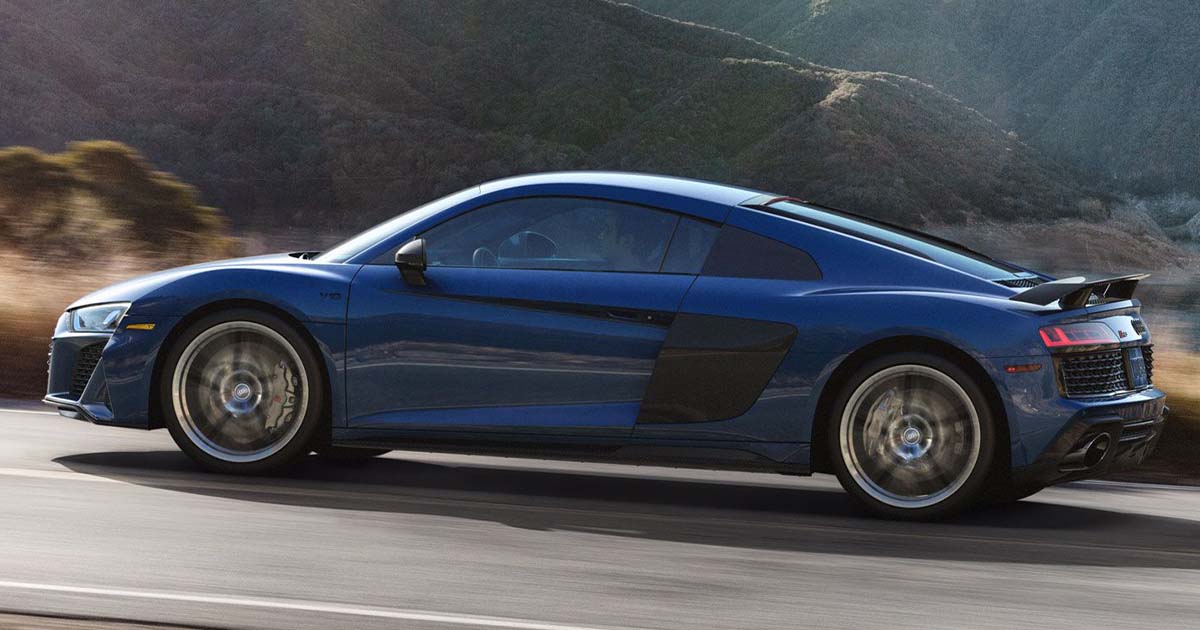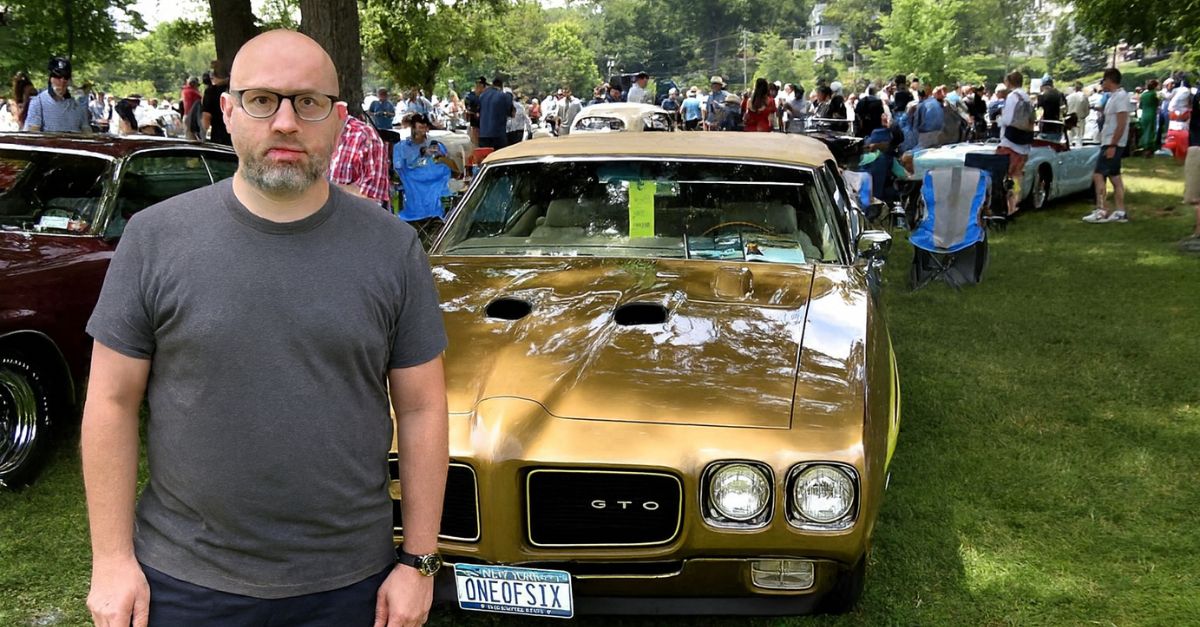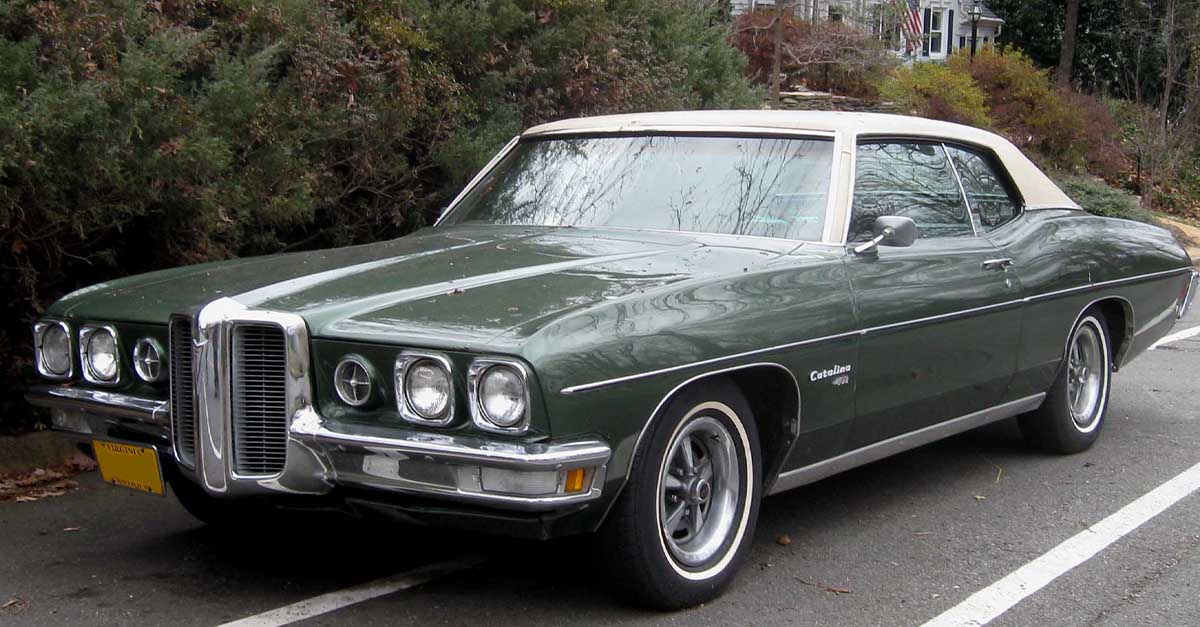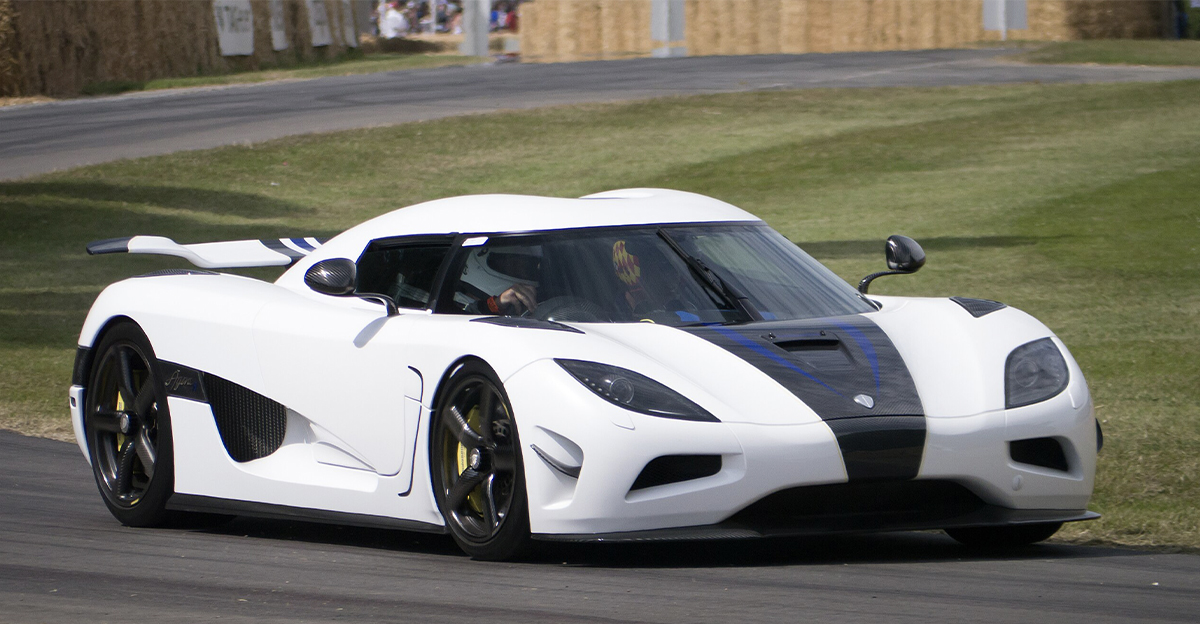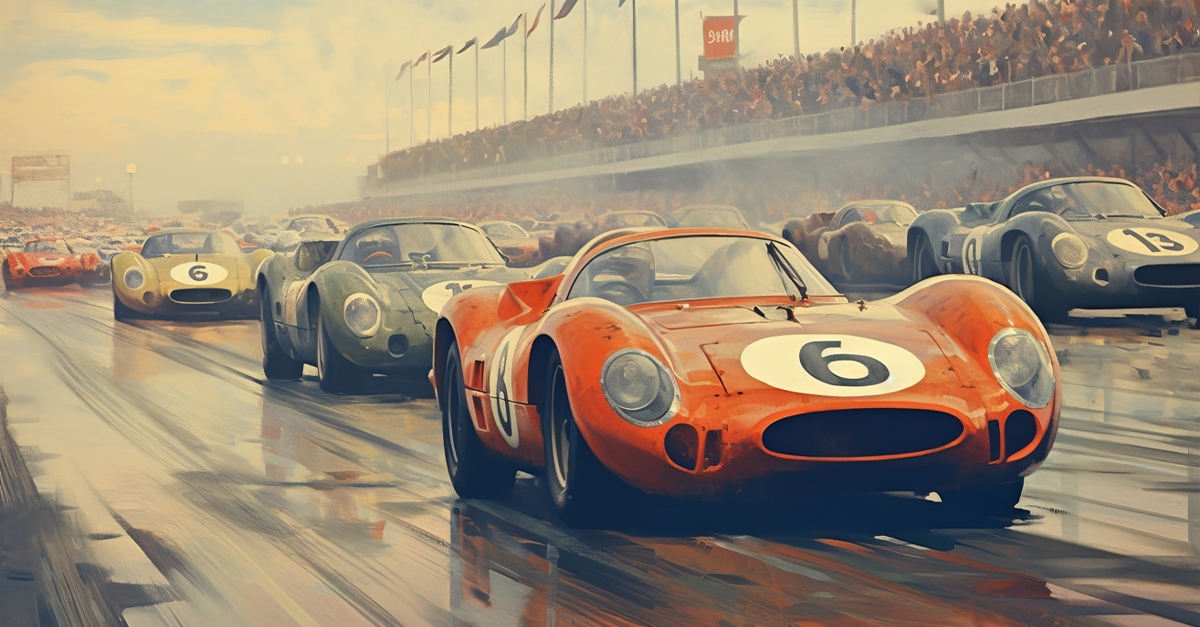Rear-Engined Marvels: The Pinnacle of Automotive Engineering
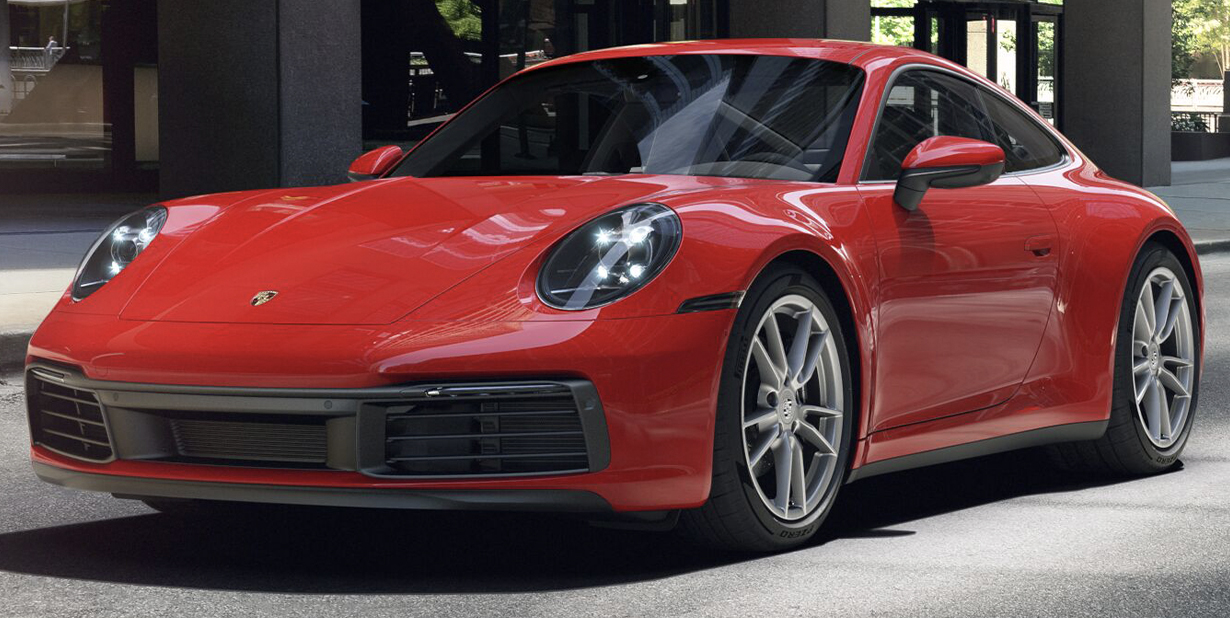
The automotive world is full with engineering marvels, and among them, rear-engined cars stand out as a unique breed. Placing the engine at the rear challenges conventional design norms, offering distinct advantages in handling, weight distribution, and overall driving dynamics. Keep reading to join us as we delve into the realm of rear-engined cars, celebrating the best examples that have left an indelible mark on the automotive landscape.
Porsche 911
No discussion of rear-engined cars is complete without mentioning the Porsche 911. This legendary sports car has been the benchmark for performance and handling for decades. The car's history dates back to 1963, and it has continuously evolved to stay at the forefront of automotive engineering. With horsepower figures ranging from 370 to a whopping 650 in the Turbo S variant, the 911 offers blistering acceleration and top speeds of up to 211 mph. The precision engineering and rear-engine layout make it an absolute joy to drive. Over the years, this legend has maintained its distinctive design and rear-engine layout, setting the standard for sports cars worldwide.
Chevrolet Corvair
The Chevrolet Corvair, produced from 1960 to 1969, is a vintage gem in the world of rear-engined cars. Launched as Chevrolet's answer to compact cars, it represented a departure from traditional American automobile design. Its lightweight rear-engine layout provided an engaging driving experience, with engines ranging from 80 to 180 horsepower. While it faced controversy in its early years, notably highlighted by Ralph Nader's "Unsafe at Any Speed" book, it's now appreciated for its unique design. The Corvair demonstrated Chevrolet's willingness to explore innovative concepts, leaving a lasting mark on automotive history. Today, it's a collector's item with a devoted fan base.
Tesla Model S
The Tesla Model S, an electric luxury sedan, proves that the rear-engine layout isn't exclusive to traditional sports cars. Tesla, a pioneer in electric vehicles, introduced the Model S in 2012, revolutionizing the automotive industry. With its dual electric motors, it delivers instant torque and accelerates from 0 to 60 mph in just 1.99 seconds in the Plaid variant. The Model S combines futuristic technology with the convenience of electric power, making it a pioneer in the industry. It has played a pivotal role in shifting perceptions about electric vehicles, showcasing the potential of sustainable transportation without compromising on performance.
Volkswagen Beetle
The Volkswagen Beetle is an iconic example of a rear-engined car that won the hearts of millions. Introduced in the 1930s as the "people's car" in Germany, the Beetle became a symbol of practicality and personality. Its air-cooled, rear-mounted engine produced modest power but contributed to its unique and recognizable design. Over its long production run, the Beetle underwent various evolutions and adaptations, maintaining its rear-engine layout. It was celebrated for its affordability, reliability, and distinctive appearance. The Beetle's cultural impact transcends generations, with enthusiasts still cherishing its timeless appeal.
RUF CTR Yellowbird
The RUF CTR Yellowbird is a speed demon with a rear-engine layout. RUF, a German manufacturer and tuner, transformed the Porsche into a high-performance masterpiece. Introduced in the late 1980s, the Yellowbird earned its name due to its vivid color and exhilarating performance. Its 3.4-liter, twin-turbocharged flat-six engine unleashed 469 horsepower, allowing it to reach a top speed of 211 mph. What truly set it apart was its handling and agility, earning it a reputation as one of the most exhilarating sports cars of its time. The Yellowbird's development and racing heritage cemented its status as an automotive legend.
Lotus Evora
The Lotus Evora is a British sports car that beautifully combines the elegance of a rear-engine layout with contemporary styling and performance. Lotus, renowned for its lightweight and agile cars, introduced the Evora in 2009. With up to 416 horsepower from its supercharged V6 engine, it accelerates from 0 to 60 mph in just over four seconds.
The Evora represents a departure from Lotus's traditionally minimalist designs, focusing on enhanced comfort and daily usability while retaining its core principles of precision handling. Lotus has a storied history in motorsport and engineering excellence, and the Evora is a manifestation of that expertise. It's celebrated for its finely tuned chassis, responsive steering, and driver-focused cockpit. The Evora serves as a reminder that the rear-engine layout can be both elegant and thrilling, with a touch of British charm.
Porsche Cayman
While Porsche is renowned for its rear-engine layout, the Cayman takes a different approach with a mid-engine configuration. Introduced in 2006, the Cayman adds a new dimension to Porsche's lineup. With horsepower ranging from 300 to 414 in various trims, the Cayman delivers exceptional performance and precise handling, making it a favorite among sports car enthusiasts.
The Cayman's mid-engine design contributes to a lower center of gravity, enhancing its agility and balance. Over the years, it has evolved, offering a unique blend of spirited driving dynamics and everyday usability. The Cayman has earned praise for its superb steering feel and chassis dynamics, cementing its status as a dynamic sports car in its own right. It proves that the rear-engine layout isn't the only path to Porsche's driving excellence.
Subaru BRZ / Toyota 86
The Subaru BRZ and Toyota 86 (formerly Scion FR-S) represent a unique collaboration between Subaru and Toyota to create affordable sports cars with rear-engine layouts. Launched in 2012, these lightweight and agile cars feature a 2.4-liter flat-four engine producing 228 horsepower. Their development was rooted in the idea of delivering affordable and engaging rear-wheel-drive sports cars for enthusiasts.
Both the BRZ and 86 prioritize driving pleasure and precision handling. Their rear-engine design, combined with well-tuned suspension setups, ensures a balanced and enjoyable driving experience. These cars have gained a following among enthusiasts for their affordability, sporty character, and the sheer joy they bring to driving. They stand as a testament to the enduring appeal of rear-engine sports cars, even in the realm of budget-friendly options.
Audi R8
The Audi R8 is a mid-engine supercar that showcases Audi's engineering prowess and commitment to high-performance driving. Introduced in 2006, the R8 has evolved to offer a range of powertrains, with horsepower figures ranging from 562 to 611 in the latest models. It boasts blistering acceleration and a top speed of 205 mph, making it a formidable contender in the supercar segment.
The R8's mid-engine layout, combined with Audi's quattro all-wheel drive system, results in exceptional traction and handling. Audi's attention to detail extends to its design, with the R8 featuring a sleek and aerodynamic body. The R8 serves as a showcase for Audi's technology and performance capabilities, pushing the boundaries of what a mid-engine supercar can achieve. It's a testament to Audi's dedication to engineering excellence and a thrilling driving experience.
Final Thoughts
Rear-engined cars continue to captivate enthusiasts with their unique driving dynamics and thrilling performance. From the timeless Porsche to modern electric marvels like the Tesla Model S, these vehicles exemplify the allure of a rear-engine layout. Whether you prefer classic charm or cutting-edge technology, there's a rear-engined car out there to satisfy your craving for an exhilarating driving experience.

